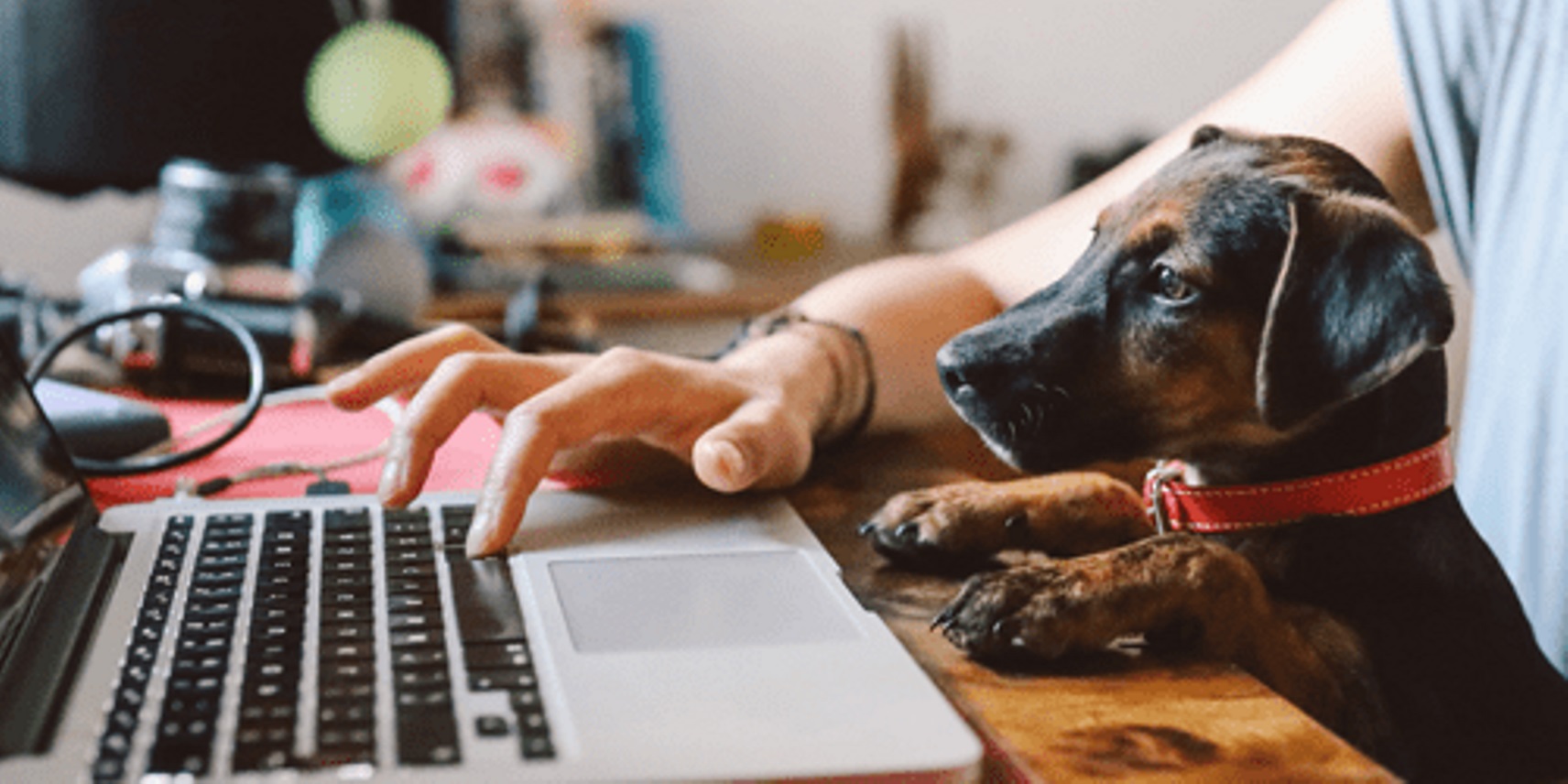Preparing your pets for you spending more time away from home

With most of the workforce shifting to working from home in 2020, family pets across Australia rejoiced. For most pets, this meant more attention, more cuddles and more play.
However, with the situation in Australia gradually settling into a new normal, this brings with it more time spent away from home doing the things we used to do, like working from the office, holidays away and spending time out with friends.
This change can be quite distressing for some pets, especially those who were born and grew up with their families around them 24/7.
PETS THAT GREW UP DURING LOCKDOWN
While older pets had an established routine before lockdown occurred, younger pets did not. Any pets that were born during lockdown were introduced to a life where constant attention was the norm.
This, however, then creates a unique problem when family members start spending more time away from the house. Especially, if that young pet is then left completely alone.
On top of this, COVID-19 meant that puppy schools could not operate at a usual capacity, meaning lots of young pets missed out on socialisation and first-time owners missed out on potentially important training.
If you’ve got a young pet that grew up during lockdown, we recommend you consult with your vet on the best way
to handle spending more time away from home.
ESTABLISHED ROUTINES AND BUILDING NEW ROUTINES
Pets, particularly dogs, thrive when they have established routines. This helps them understand when to expect exercise, when they will be fed and even when you will be returning home from work.
These routines fell by the wayside during lockdown, and new routines replaced them. For young pets as discussed above, these lockdown routines are all they’ve ever known.
The best way to help all pets when establishing new routines is to ease them into it through a transition period. This could be by staggering a return to an office, so the pet is only alone every second day, or working shorter hours in the office. You
could work out a roster with your family or housemates where one person stays at home, or you can work out structured alone time for your pet in a controlled environment while you’re still in the house to help ease them into things.
If a routine change is abrupt, this can have a negative effect on your pet and in some cases can lead to separation anxiety.
BEING AWARE OF SEPARATION ANXIETY
Separation anxiety can be brought on by a variety of reasons. Some breeds are more prone to separation anxiety, while others are triggered through abrupt changes in their routine, especially after periods of time where they’ve been given constant attention.
It is important to consult your vet on how to handle separation anxiety in your pet, as well as to recognise when your pet is displaying symptoms of separation anxiety. These symptoms may present in pets as:
- Extreme distress as you are leaving such as whining, crying, jumping up on you.
- Excessive delight when you return. If your pet is wildly excited every time you come home, beyond normal happiness to see you, it may be a sign they are distressed when you are away.
- Vocalising for prolonged periods whilst you are out including crying, whimpering or barking.
- Over the top destructive behaviour when you are out. If you come home and find a few tissues shredded this is probably normal doggy behaviour. If the stuffing has been ripped out of your new sofa, this could be a sign of separation anxiety.
- They become glued to you constantly, following you to every part of the house, when you sit down, sitting on your lap or on your foot, and if they’re not in the same room as you they become distressed.
If you notice any of these signs, reach out to your local vet on how to manage absence from your pet in a way that does not cause distress.
DON’T FORGET REGULAR EXERCISE FOR YOUR PET
During lockdown, pets were being played with and exercised regularly. It is important to maintain this habit as we spend more time away from home; whether that be playing with your cat with a toy, or walking your dog through the park.
All pets need play and exercise to maintain their health, and to stimulate their mind. If they have a dramatic decrease in their exercise and play that coincides with their family spending less time at home, this can cause health concerns.
By making sure regular exercise and play is maintained as you spend more time away, your pet can stay happy and healthy, and you get to spend quality time with them along the way.
Making sure your pet stays happy while we re-establish our way of living is of the utmost importance. This is especially the case for young pets who are learning to live in a whole new way.
We encourage you to reach out for help if your pet is struggling with their new routine, as you don’t have to do this alone. Your local vet is happy to help during this time, and we recommend getting their advice on any big changes you make, whether it be now or in the future.